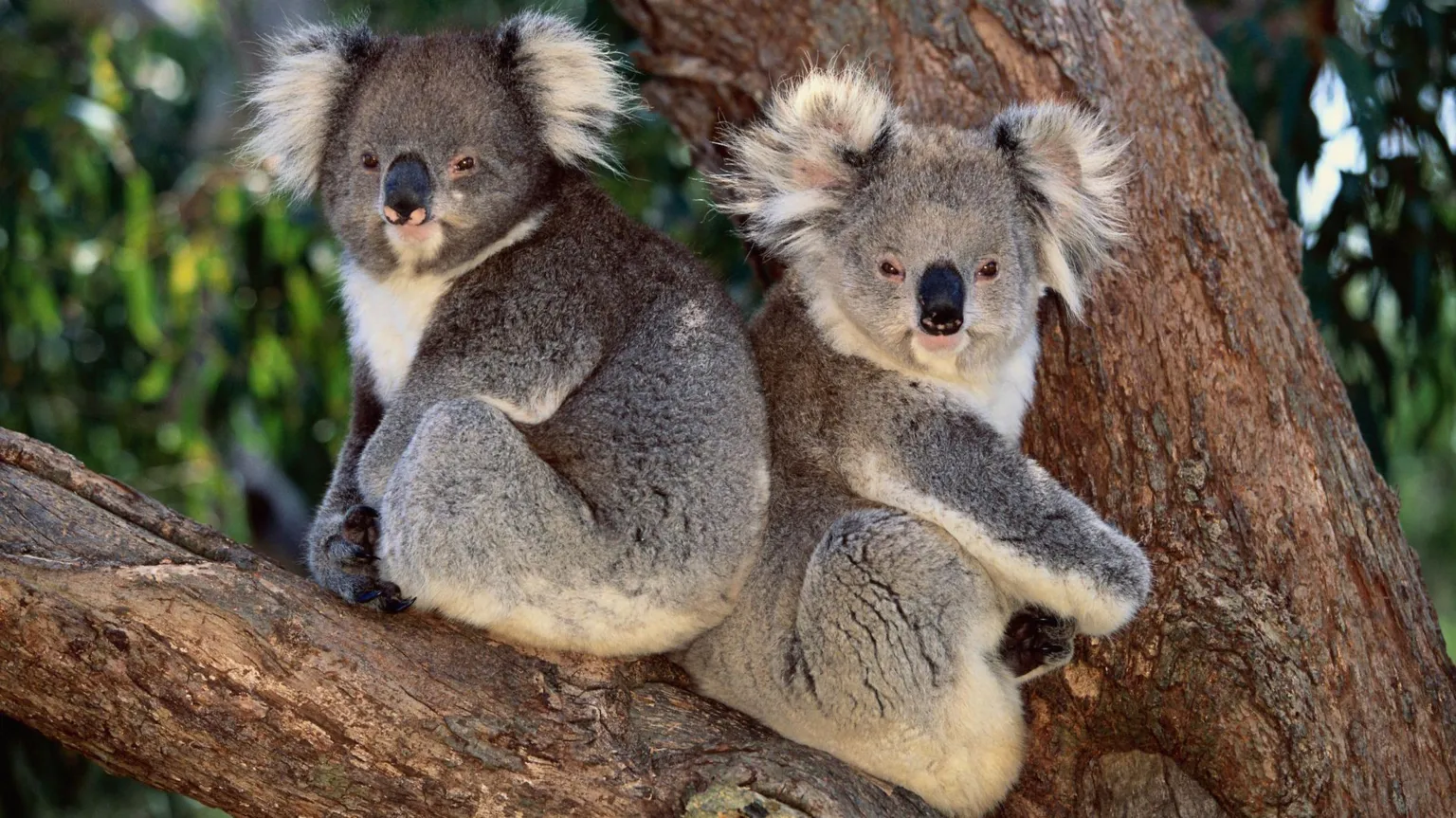Vaccine to Curb Chlamydia Epidemic Decimating Koalas Approved
Published: September 10, 2025
A Major Breakthrough in Koala Conservation
In a landmark development for wildlife conservation, scientists have successfully gained approval for a new vaccine designed to curb the chlamydia epidemic that has been decimating Australia’s iconic koala population. The breakthrough offers a lifeline to one of the country’s most beloved but increasingly endangered species.
The Chlamydia Crisis Among Koalas
Chlamydia, a bacterial infection that is different from the human strain, has spread rapidly among koalas, causing blindness, infertility, and even death. In some regions of Queensland and New South Wales, infection rates have reached up to 80% of local populations, posing a severe threat to the species’ survival.
Researchers and wildlife groups have long warned that without intervention, koala numbers would continue to plummet, pushing them closer to extinction.
How the Koala Vaccine Works
The newly approved vaccine aims to boost the immune response of koalas, preventing them from contracting or worsening chlamydia infections. Trials have shown promising results, with vaccinated koalas demonstrating stronger resistance to the disease and better recovery rates.
Conservationists are hopeful that widespread vaccination programs will not only protect. Individual koalas but also help restore breeding populations across affected regions.
What This Means for Koala Conservation
The approval of this vaccine marks a turning point in the fight to save koalas. Alongside habitat protection and climate action, medical intervention is now a vital tool in preventing the extinction of the species.
Governments and conservation organizations are expected to roll out vaccination campaigns across koala habitats in the coming months. This combined approach could help stabilize and eventually increase the koala population after years of decline.
Public and Global Reactions
News of the vaccine approval has been met with widespread relief among conservationists, veterinarians, and animal lovers worldwide. Social media platforms have been flooded with messages of support. With many calling the breakthrough “a ray of hope for Australia’s wildlife.”
International organizations have also shown interest in how this vaccine might inform broader wildlife disease management strategies for other vulnerable species.


